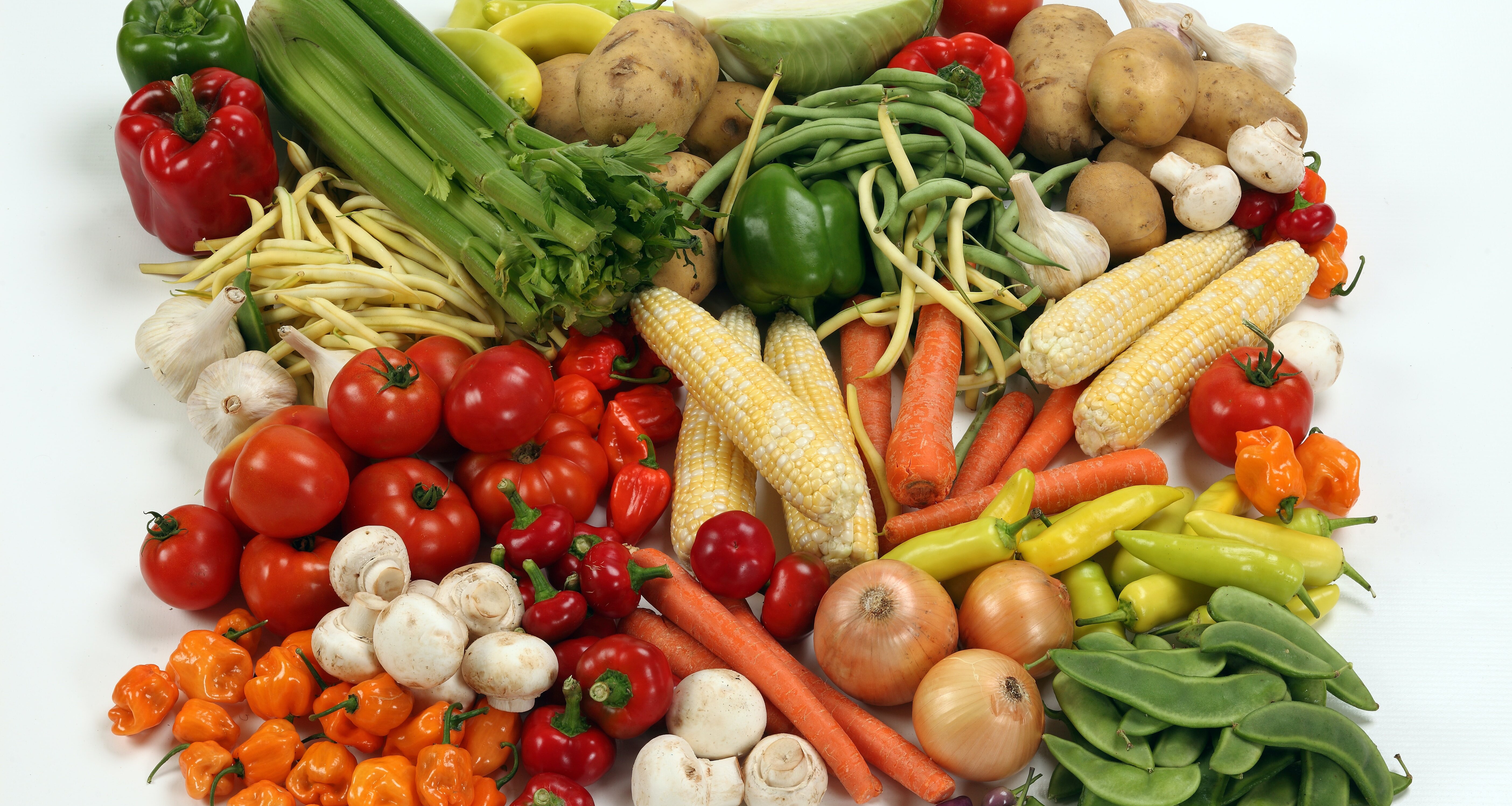Is there anything good about frozen vegetables?
Published: by .
 Many people are prejudiced against frozen vegetables, considering them “bad convenience foods.” Others, on the contrary, think that they are a great alternative to fresh produce.
Many people are prejudiced against frozen vegetables, considering them “bad convenience foods.” Others, on the contrary, think that they are a great alternative to fresh produce.
Who is right?
Vegetables are typically frozen and packaged immediately after harvest, which means they retain many of their nutrients. One study found that blanching and freezing did not significantly alter the phytochemical composition of the produce. However, research also shows that freezing can preserve the nutritional value of some vegetables.
For example, frozen broccoli contains more riboflavin (vitamin B2) compared to fresh produce, while frozen peas have the opposite effect. Additionally, while frozen peas, carrots, and spinach had lower beta-carotene content, frozen spinach and green beans showed no such changes.
Another study suggests that freezing can increase the antioxidant content of some vegetables. Interestingly, blanching can lead to a significant reduction in heat-sensitive nutrients, including vitamin C and thiamine (vitamin B1).
One of the disadvantages of frozen vegetables is the addition of various sauces to them. Often, manufacturers add a mixture of salt, sugar or “frozen ready sauce” in the form of tablets. This can increase the amount of sodium, fat and calories in the final product. Often, such vegetables can lose their taste characteristics.
Post Views: 10
Comments